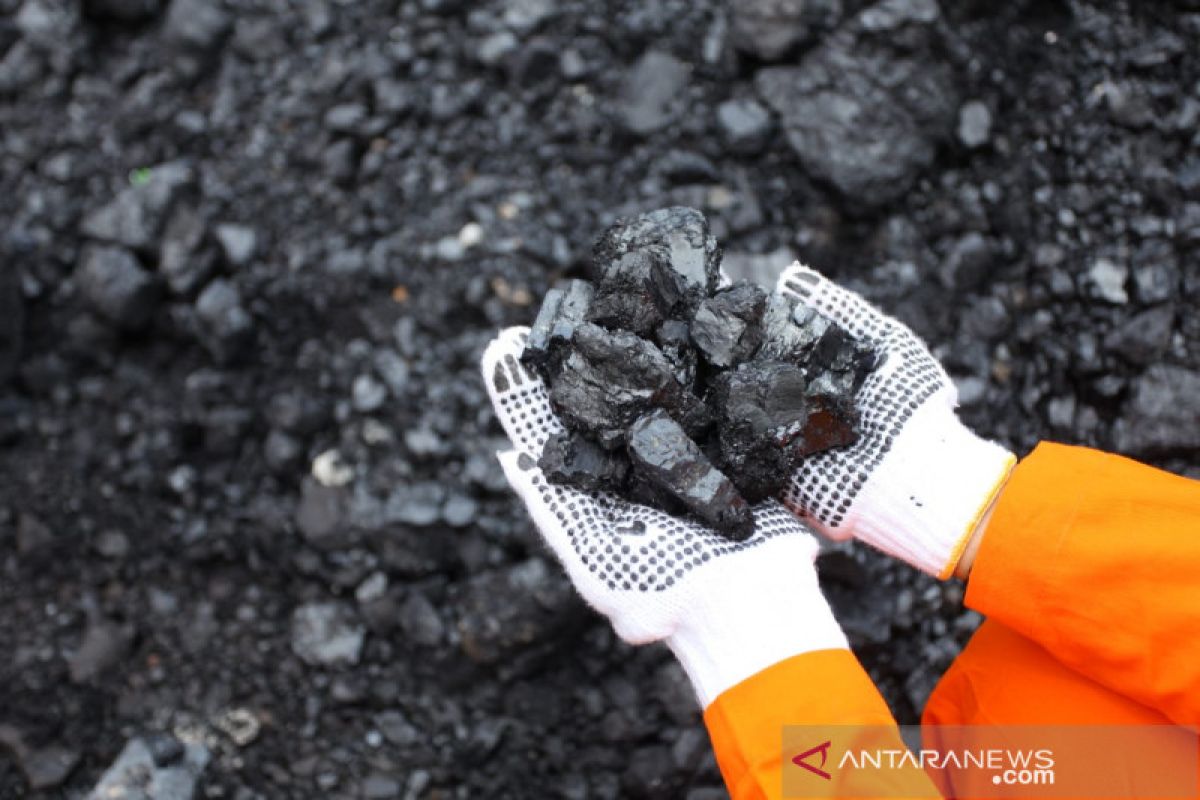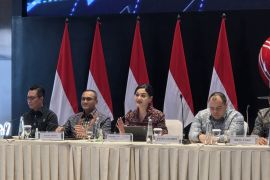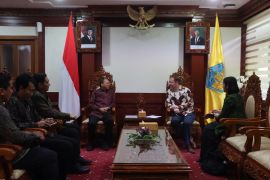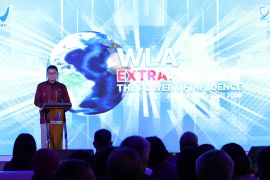In the next 10 years, we must increase renewable energy massively, limit the addition of steam power plants (PLTU) and reduce thermal power stations, as well as encourage energy efficiencyJakarta (ANTARA) - The Institute for Essential Services Reform (IESR) has asked the government to prepare a coal transition roadmap to anticipate the social and economic impact of any potential decline in coal demand in future.
"The strategy of economic diversification in coal-producing areas must be immediately compiled and included in the national development plan," said IESR executive director Fabby Tumiwa in a statement received here on Monday.
According to an IESR study, Deep Decarbonization of Indonesia's Energy System: A Pathway to Zero Emissions, Indonesia could achieve zero-emissions in its electricity system by 2045 and its energy system by 2050 by utilizing 100 percent renewable energy.
The next decade is a critical phase to begin energy transformation and ensure the achievement of the Paris Agreement targets, Tumiwa said.
"In the next 10 years, we must increase renewable energy massively, limit the addition of steam power plants (PLTU) and reduce thermal power stations, as well as encourage energy efficiency," he elaborated.
According to IESR, coal-fired power plants are no longer competitive in comparison with renewable energy power plants. A number of countries, including South Korea and Japan, and more than 100 financial institutions across the world have even decided to stop providing funding for PLTU projects, Tumiwa noted.
In the World Energy Outlook 2020, the International Energy Agency (IEA) has projected that by 2040 alone, the levelized cost of electricity (LCOE) of coal-fired power plants across the globe will be 5.5 cents to 22.5 cents per kWh, much higher than for solar power plant (PLTS) at just 1.3 cents to 3 cents per kWh, he said.
This trend shows a great risk for PLTUs to become stranded assets and provide electricity at high prices, he added.
IESR lauds the efforts of the government, which has included elements of a just energy transition by including issues of gender, equitable energy, and vulnerable groups, he said.
In addition, changes to the Nationally Determined Contribution (NDC) document have also begun to show the government's awareness of the potential for stranded assets and migration to green jobs as a result of the energy transition, he added.
The National Energy Council (DEN) has said it is currently making an inventory of mitigation action scenarios per sector and energy sub-sector to achieve carbon neutrality. The results will be used as material for the government's scenario, which will be communicated to the public, it added.
DEN is targeting to officially launch an energy transition roadmap by 2022, which will include peaking and carbon neutral scenarios as well as mitigation actions in the energy sector.
"The preparation of the energy transition roadmap is part of the DEN's work program for the 2021-2025 period, and the energy transition is motivated by global trends regarding low-carbon energy development and clean energy as well as the constellation of energy transitions with energy policies and regulations," said DEN member, Satya Widya Yudha.
Related news: Economic growth should be based on building climate resilience: IESR
Related news: Ministry targets US$5.9 billion investment in mineral, coal sector
Related news: Pertamina, Bomba Group ink coal gasification deal
Translator: Sugiharto Purnama, Katriana
Editor: Sri Haryati
Copyright © ANTARA 2021












